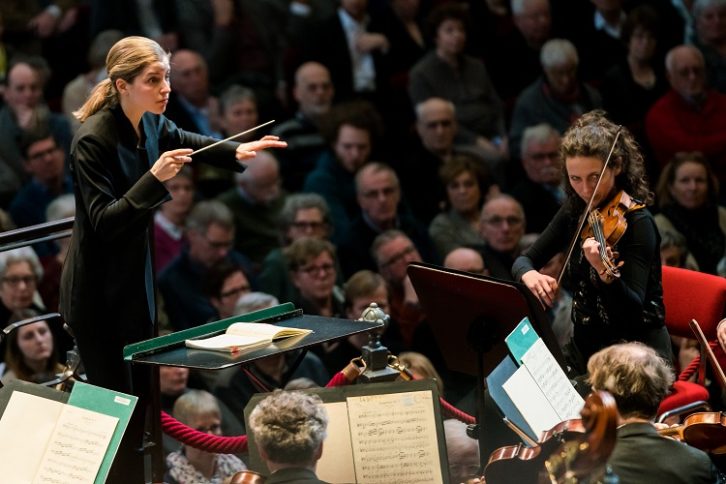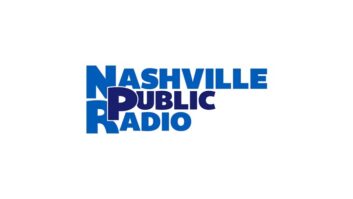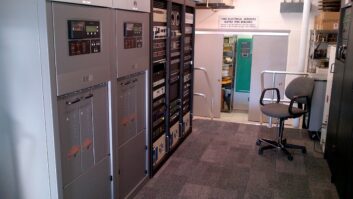
The author of this commentary is head of radio for the European Broadcasting Union, an alliance of public service media with 115 member organizations in 56 countries. Read about its mission here.
Each day, audiences across Europe access the music programming on public media through the EBU Members. In doing so, they can open a window on a vast variety of musical genres, accounting for around half the programming hours broadcast.
In the very beginning of radio, broadcasters needed to invest in live music-making, because commercial music interests were concerned that radio airplay would affect their sales. So studio ensembles, radio dance bands and radio choirs were born.
Of course, we have come a long way from those days, but the extraordinary investment in musicians and music continues. Even during this troubled year for the music sector, public media organizations have been seeking opportunities to bring live music back to their services.
Obligation and privilege
With an abundant amount of commercial music available elsewhere, for instance through streaming services, what can public media add to an already rich mix?
Because of the special way in which EBU Members are funded, there is the obligation and indeed the privilege of supporting national musical life. This can involve giving platforms to unsigned bands, providing experience and visibility to young composers and musicians, and commissioning new music.
Yes, in short, public media is there to take risks and to stimulate creativity on a national basis. Case studies have shown that the range of music played is wider than on commercial channels.
Public radio then provides opportunities for musicians and an enriched listener experience. And of course, within the EBU, it is massively important that these cultural events, produced nationally, can be shared on an international basis.
Through the extraordinary Music Exchange within the EBU, in a typical year around 5,000 hours of content is exchanged. This is not a typical year; but in the coming months we look forward to steadily rebuilding as more live events happen. Thankfully we are already seeing the green shoots.
Economic boon
In common with other broadcasters, EBU Members track audience trends and platform usage; but what has never been fully analyzed is the extraordinary economic impact of the investment which leads to the positive listener experiences recalled above.
We are therefore pleased to have commissioned work involving Oxford Economics and the EBU Media Intelligence Service, work that clearly demonstrates that, in addition to cultural and societal benefits, the investment yields a substantial economic benefit (see “The Economic Impact of Public Radio’s Music Activities,” Oxford Economics, 2020, free access with new user log-in).
Across the EBU Members, we can count more than 120 music ensembles, around half of them orchestras, the remainder choirs and smaller ensembles. This directly creates over 17,000 jobs, including 5,800 musicians directly employed, at the cost of more than 1 billion euros. Across the European Union, this accounts for around 20% of the overall investment in the music and radio sectors.
If we then factor in further impacts from the necessary procurement to support the activity, as well as staff spending, we can see a broader impact of more than 3 billion euros, supporting over 50,000 jobs.
Additionally, and not quantified in the report, there is a notable effect from public media encouragement of listeners to explore new genres, discover emerging musicians, namely in the purchase or streaming of a wide range of music genres.
The highly positive contribution here is around the support this gives to launch new careers and — in the process — contribute to building national cultural capital, in many cases resulting in exports through touring and international sales.
When we appreciate the choice of music on our radios, when we hear one of the many orchestras and choirs perform, we should certainly enjoy that special moment.
However, there is a wider picture, namely the substantial economic benefits of this activity, sustaining the artists involved and giving them a regular platform, but also nourishing the economies of the countries where such investment takes place.
An EBU webinar on Sept. 22 will explore “PSM Supporting Music: The Economic Impact.”
The organization also has released a List of Radio Ensembles run by EBU Members, including 56 orchestras, 47 choirs and 24 additional ensembles.







